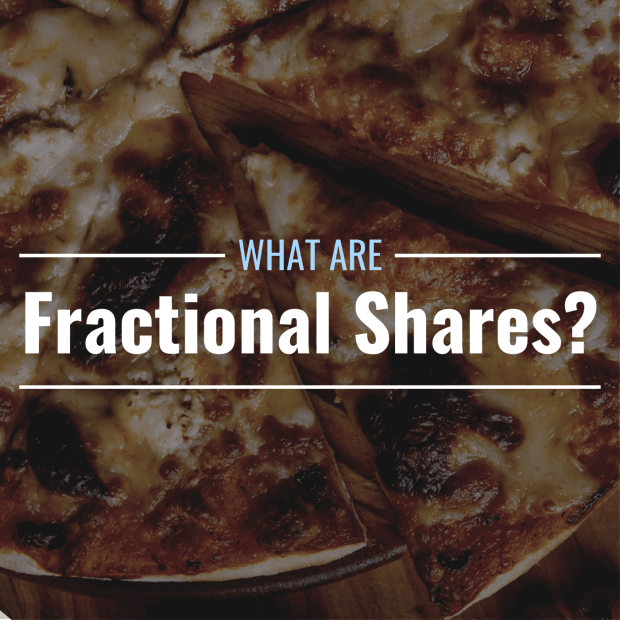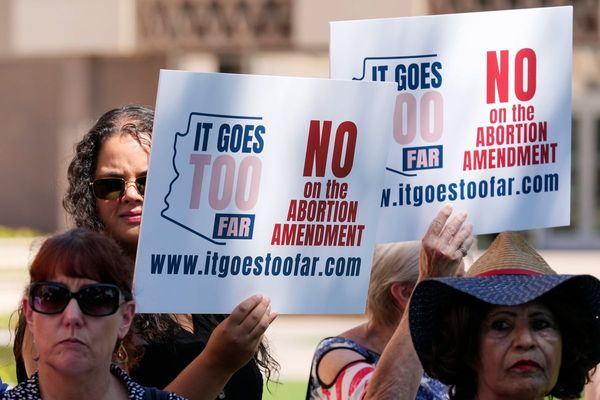
When it comes to investing in publicly traded companies, shares are the basic units of stock ownership. And for most of the stock market’s history, shares could only be bought and sold whole, meaning that if an investor didn’t have enough money to purchase a full share of a company’s stock, they were unable to invest in it directly. This made expensive stocks difficult for average retail investors to trade.
What Are Fractional Shares?
Fractional shares are exactly what they sound like—they are fractions of a share of stock. Fractional share trading allows investors to buy and sell stocks in dollar amounts rather than shares.
For instance, an investor could purchase and own 0.39 shares of Stock A or sell 1.84 shares of Stock B. Since the advent of fractional share trading, investors can own a piece of almost any stock or ETF for $1 (or less, in some cases).
How Do Fractional Shares Work?
Let’s say you wanted to buy the stock of a fictional company called Acme Adhesives, whose shares currently trade at $435. You believe the company is undervalued, so you want to buy its stock. However, you only have $50 to invest, so you can’t afford to buy a whole share of the company’s stock.
With fractional share trading, you could purchase exactly $50 dollars worth of this stock at its current share price of $435. Using your brokerage app, you’d place a buy order for $50, and this order would execute at the current price of $435, resulting in you owning about 0.115 shares, or 11.5% of a share, of Acme Adhesives.
What Are the Benefits of Fractional Share Trading?
The ability to buy and sell fractional shares offers two main benefits.
Increased Accessibility
First, it allows investors with less disposable income to buy into expensive stocks and funds even if they don’t have enough cash on hand to purchase whole shares. This prospect is particularly beneficial for younger and lower-income investors who may not have an excess of investable cash lying around but who still want to take an active role in growing their savings via investing.
More Control Over Portfolio Weighting
Second, and perhaps most importantly, fractional share trading allows for more precise asset allocation. Many strategic investors prefer to have certain stocks account for a specific percentage of their overall portfolio value, which necessitates periodic rebalancing to account for changes in share price and other factors. Fractional share trading allows investors to buy and sell shares in exact dollar amounts, which makes it much easier to precisely customize the weighting of individual stocks in one’s portfolio.
Which Brokerages Offer Fractional Share Trading?
Many brokerages now offer fractional share trading, but different brokerages have different minimum trade amounts and other stipulations. Those listed below have some of the lowest barriers to entry and most stocks and funds available for fractional investing.
Many other brokerages offer some form of fractional share trading but have additional stipulations. For instance, M1 Finance allows for fractional investing in over 6,000 stocks and funds, but all fractional share trades execute during the same window each day (unless the customer pays for a premium account), meaning traders have less control over the price at which their fractional trade executes, which can be a major disadvantage when buying or selling volatile stocks.
When Was Fractional Share Trading Introduced?
In 1999, a brokerage called BuyandHold allowed customers to trade fractional shares with a subscription of only a few dollars a month, but this didn’t last. For almost 20 years, fraction share trading wasn’t much of an option, but in 2017, M1 Finance rolled out its fractional share offering. By the end of 2019, Robinhood, SoFi, and CashApp all offered fractional trading as well. Fidelity followed suit in 2020.
Frequently Asked Questions (FAQ)
Below are answers to some of the most common questions investors have about fractional shares and how they work.
Do Fractional Shares Come With Voting Rights?
In many cases, owners of fractional shares do not have the same voting rights as owners of full shares, but this depends on the brokerage through which the shares were purchased. Interestingly, owners of fractional shares on Robinhood do get voting rights. The brokerage weighs the votes of customers according to how much stock they own (even if it’s less than a single share), then aggregates these results before passing them off to the company in question.
Do Fractional Shares Pay Dividends?
Owners of fractional shares are entitled to dividends proportional to the number of shares they own (even if they own less than a full share). In most cases, brokerages add dividend payouts to investors’ cash accounts unless automatic dividend reinvestment has been enabled.
Can You Buy Fractional Shares of ETFs?
Most brokerages that offer fractional share trading allow investors to choose from an array of exchange-traded funds as well as individual stocks.
Can You Buy Fractional Shares of Cryptocurrencies?
Most crypto exchanges allow investors to purchase fractions of coins in the same way brokerages allow investors to purchase fractional shares of stock.







